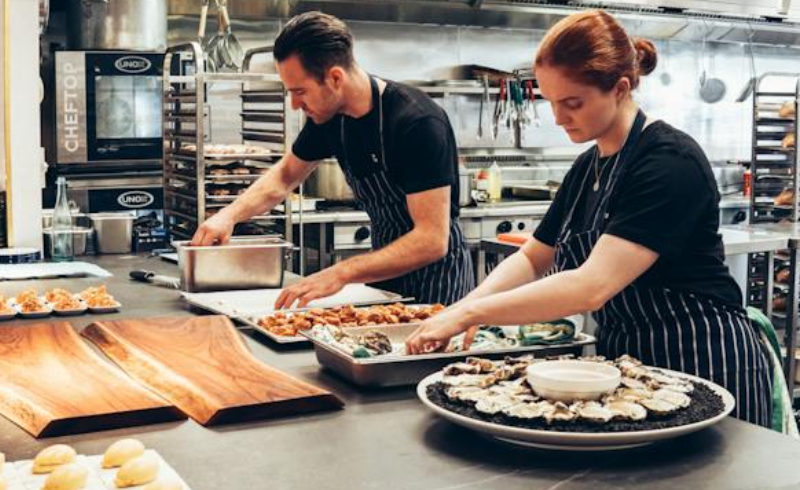Trying new foods is an exciting activity but also requires some caution. Some people have reservations about trying new foods due to various reasons like sensitivity, a preference for junk foods, or a total aversion to trying anything unfamiliar. Others, on the other hand, find it a breeze to embark on a food journey without any issue. Unless you have a food allergy, which about 16 millio adults have, you can be deliberate in teaching yourself to like new foods. Below are some practical tips to guide you.
-
Start small

If the new food you want to try doesn’t undermine your health and well-being, you can explore by starting small. It is the key to overcoming food hesitations you may have had since childhood. The trick is to begin by going out of your comfort zone to try new foods gradually. For example, if you have been accustomed to plain rice for years, you can make small changes by eating small amounts of aromatic basmati to get used to the taste. You can go a step further by adding nutty wild rice to your meal plan as long as you have no allergies to them. The minor adjustments you make must be gradual and well-planned to help your palate get used to the taste. The more things you try over a period, the more adventurous you get as your palate gets accustomed to the new tastes. Trying new foods in great quantities over a short period can be a major put-off for many people. Therefore, go gradually and appreciate the new tastes and experiences from the foods you try.
-
Consider regular travels to explore new foods
Frequent travel can be expensive, especially when you go abroad. However, in-city or in-state travel shouldn’t be much of a problem when you have friends and family living in different places in the same country. Visit them when you can make the time and use that opportunity to explore new foods. Immerse yourself in the culinary delights available in these places and discover authentic local cuisines that your palate might love. Such travels may open up opportunities to embark on food tours that introduce you to food items you probably wouldn’t have entertained at home. For example, on such tours, you can discover parmesan cheese and other options you usually won’t try on a regular day. Frequent travel will be possible only when you fix it into your schedule and commit to visiting new places.
-
Participate in cooking classes and workshops

It's worth noting that cooking classes and other culinary workshops are fun and educational ways to motivate you to try new foods. Very often, these are hands-on activities that help people to demystify unfamiliar food recipes and ingredients. You have the opportunity to learn new cooking techniques and methods that may enhance the taste, flavor, and appearance of meals you may have disliked in the past. Therefore, whether you are mastering the art of spice blending or creating exotic desserts, there is always something to learn from cooking classes and workshops. Another thing many people fail to realize is the psychological element in these cooking classes and workshops. You are motivated to taste or eat what you cook with your own hands, which empowers you to embrace a wider range of culinary delights.
Teaching yourself to try new foods is worth your time, but it takes gradual planning to get used to the recipes.
how-to-teach-yourself-to-try-new-foods







